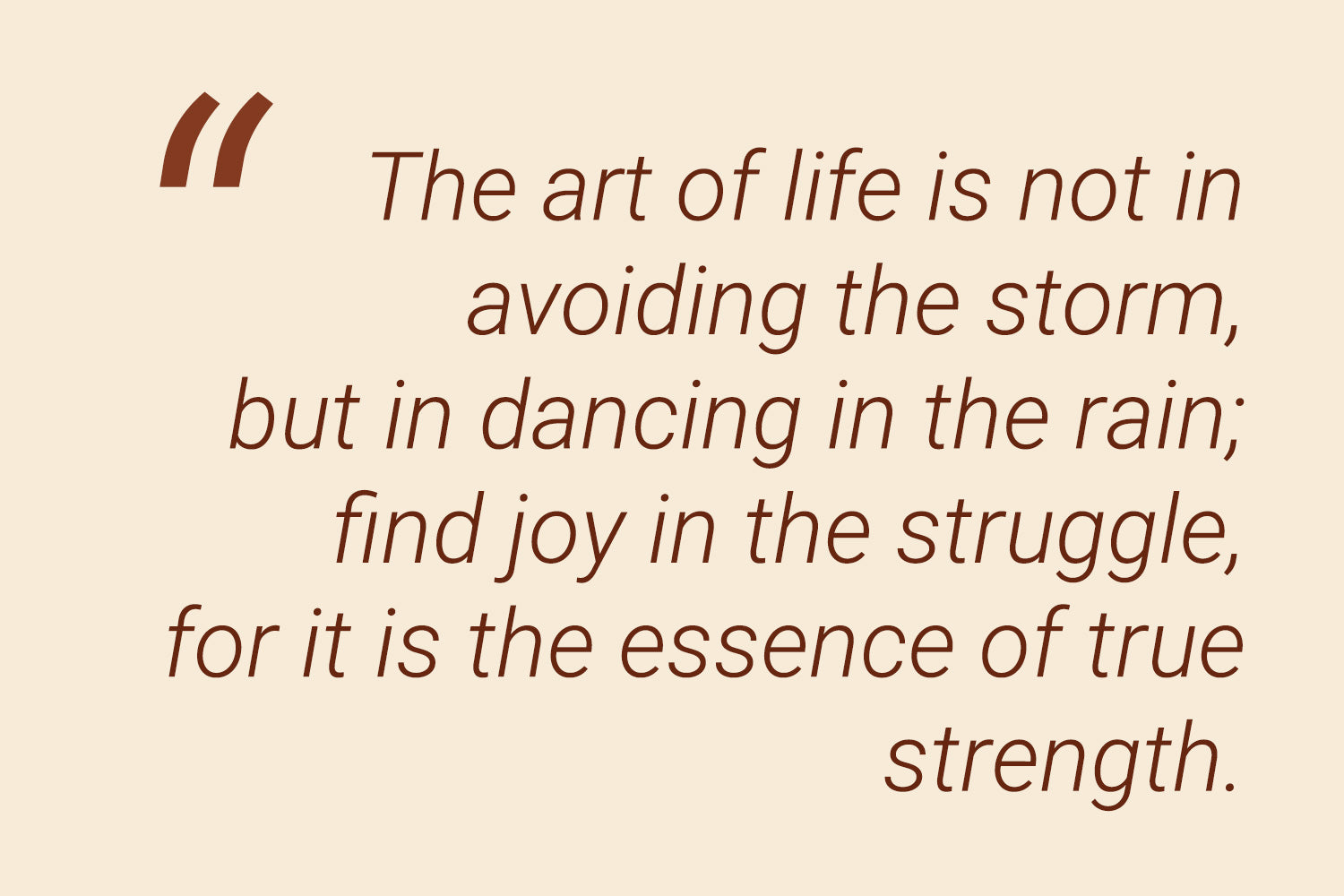Purpose
Earl Nightingale, a renowned self-help author, speaker, and radio personality, left a profound impact on the field of personal development and success. His teachings have inspired millions worldwide, and his wisdom continues to resonate even decades after his passing. From Nightingale’s vast body of work, there are several essential lessons we can learn that can transform our lives and unlock our full potential.
- Learn the Strangest Secret. One of Nightingale’s most famous messages is “The Strangest Secret.” In this recording, he emphasises the power of our thoughts and the impact they have on our lives. He teaches that we become what we think about most of the time. This lesson serves as a reminder to focus our thoughts on positive, constructive, and meaningful goals. By harnessing the power of our minds, we can attract success and happiness into our lives. You can listen to the whole recording here.
- Understand the Power of Setting Goals. Nightingale firmly believed in the importance of setting clear and specific goals. He believed that everyone should have a clear sense of purpose in life. He encouraged individuals to discover their passion and align their actions with their purpose. Living with purpose gives life meaning and direction. He advocated for writing down our goals on cards and always carrying them with us. This simple act helps us maintain focus and remind ourselves of what we want to achieve. Setting goals is a crucial step towards achieving your dreams and aspirations.
- It Is All About ‘Attitude’. Nightingale believed that our attitude determines our altitude in life. Cultivating a positive mindset empowers us to overcome challenges, maintain resilience, and attract opportunities.
- Apply Continuous Learning. Nightingale encouraged people to invest time in personal development, reading, self-improvement and gaining new knowledge. By constantly learning and growing, we enhance our skills, expand our perspectives, and unlock new possibilities.
- You Are Responsible for Your Life. We are the architects of our destiny. He emphasised the importance of taking full responsibility for our choices and actions. By acknowledging our power to shape our lives, we gain control and become proactive in creating the future we desire.
- Be Persistent and Persevere. Nightingale believed that success often comes to those who persist in the face of challenges and setbacks. It is why we need to have goals and stay committed to these goals, even when the going gets tough.
- Use the Power of Visualisation. Nightingale introduced the concept of visualisation as a tool for success. By vividly imagining our desired outcomes, we can programme our minds for success and boost our confidence to achieve our goals.
- Exercise Gratitude and Appreciation. Nightingale stressed the importance of gratitude in shaping a fulfilling life. Expressing appreciation for what we have attracts more positivity and abundance into our lives.
“Everything that’s really worthwhile in life came to us free; our mind, our soul, our body, our hopes, our dreams, our ambitions, our intelligence, our love of family and children and friends. All these priceless possessions are free, but the things that cost us money are actually very cheap and can be replaced at any time.”
Earl Nightingale
Earl Nightingale’s teachings have left an indelible mark on the world of personal development. Many works that have been written since seem to stress the same fundamental ideas presented by him. There are plenty of his recordings on YouTube, giving us his valuable wisdom with practical everyday actions. Review and share with your students as necessary.
If you are teaching a course on goal setting, performance management, personal development or coaching, you can run the following exercise designed based on Earl Nightingale’s idea of constantly being aware of your goals.
Objective
To set and reinforce meaningful goals based on Earl Nightingale’s philosophy of progressive realisation of a worthy ideal and the power of positive affirmations.
What You Need
- Index cards or small pieces of paper Pens or markers Instructions:
Setup
- Introduce “The Strangest Secret” by Earl Nightingale. Explain the power of setting clear and meaningful goals and the influence of positive affirmations in achieving those goals. Nightingale elegantly defined success: “Success is really nothing more than the progressive realization of a worthy ideal. This means that any person who knows what they are doing and where they are going is a success. Any person with a goal towards which they are working is a successful person.”
- Ask each participant to take a moment to reflect on their most important and meaningful goal or aspiration. Instruct them to think deeply about what this goal means to them and why it is worth pursuing. Encourage them to consider how achieving this goal will positively impact their life and the lives of others. Allocate 5 minutes for this.
- Provide each participant with an index card or a small piece of paper. Instruct them to write their goal in a clear and concise manner on one side of the card. Emphasise the importance of being specific and using positive language while describing their goal. Allocate 5 minutes for this.
- Explain that Nightingale suggested to carry this card with themselves everywhere, so they always remain aware of their goals. This affirmation serves as a powerful reminder to stay persistent and focused on their goal, and to have faith in their ability to achieve it. He suggested that they should write the following affirmation on the back of the card:
“Ask and it shall be given you; Seek and you shall find; Knock and it shall be opened onto you.”
- Once everyone has written their goal and affirmation statements on their cards, invite them to share their goals with the group, if they feel comfortable doing so. As each participant shares their goal, encourage the rest of the group to offer words of support and encouragement and provide feedback on the expression of their goals.
- After the discussions are completed and goals are reformulated based on feedback, use relay addressing style and ask each participant to repeat their affirmation out loud, reinforcing their commitment to achieving their goal.
- Follow this with a short visualisation exercise. Instruct participants to close their eyes and imagine themselves already achieving their goal, experiencing the joy and satisfaction of realising their worthy ideal. Encourage them to vividly picture the details of their success and to feel the positive emotions associated with achieving their goal.
Timing
Explaining the Exercise: 10 minutes
Activity: 5 min formulate goals + 5 min writing cards + 15 min sharing with group + 5 min implement feedback + 5 min state goals and visualise = 35 minutes
Group Feedback: 5 minutes
Discussion
This exercise empowers participants to set and reinforce meaningful goals while using the power of positive affirmations. The real power of this exercise, as in any exercise to do with goal setting, is spending the time and doing the work. In the end ask participant what they thought of the exercise: do they still feel they need to refine their goals, have they done such an exercise before, what they got out of it, how do they feel now and what is next.
By writing their goals on cards and affirming their commitment to achieve them, participants are reminded of their objectives and inspired to take consistent actions towards their worthy ideals. The exercise fosters a supportive and encouraging environment, motivating participants to pursue their dreams with determination and belief in their potential for success. As such you can use this exercise in a course or coaching session where you need to motivate and guide people.
Soft Skills Training Materials
Get downloadable training materials
Online Train the Trainer Course:
Core Skills
Learn How to Become the Best Trainer in Your Field
All Tags
Training Resources for You

Course Design Strategy
Available as paperback and ebook

Free Training Resources
Download a free comprehensive training package including training guidelines, soft skills training activities, assessment forms and useful training resources that you can use to enhance your courses.

Our Comprehensive Guide to Body Language

Train the Trainer Resources
Get Insights - Read Guides and Books - Attend Courses
Training Materials
Get downloadable training materials on: Management Training, Personal Development, Interpersonal Development, Human Resources, and Sales & Marketing














Leave a comment
All comments are moderated before being published.
This site is protected by hCaptcha and the hCaptcha Privacy Policy and Terms of Service apply.